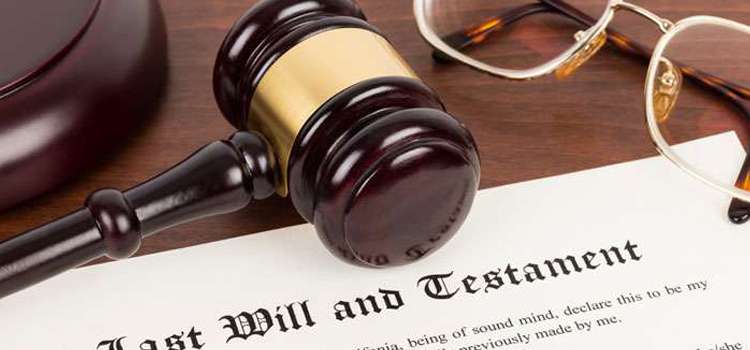Your Manual for Various Sorts of Forces of Lawyer

An intensity of lawyer is an archive marked by an individual (the contributor) which offers power to another individual, or people (the lawyers) to follow up for the benefactor’s sake – normally comparable to money related undertakings and property.
On the off chance that you are delegating somebody to go about as your lawyer, it ought to be somebody you know well and trust since they will have unlimited authority over your monetary issues or potentially property.
Enduring Forces and Suffering Forces of Lawyer
Enduring Forces of Lawyer [often alluded to as a LPA] supplanted Suffering Forces of Lawyer [or EPA] as of first October 2007. Existing EPAs stay substantial, however it is not, at this point conceivable to make another one.
Enduring Forces of Lawyer come in two structures – Property and Issues, and Individual Government assistance. The first approves the lawyer to settle on choices concerning the benefactor’s property and undertakings; the second empowers the lawyer to settle on choices about issues concerning the contributor’s very own government assistance, for example, where he or her lives, is cared for and the healthcare he/she gets.
A contributor can make either or both, yet before the lawyer has any position the reports must be enrolled with the Open Guardianship Office in London. There is an enlistment expense payable of 150 GBP per report.
The upside of LPAs is that they are not disavowed by an ensuing loss of limit. On the off chance that the contributor gets unfit to manage their money related undertakings, the lawyer can carry on and deal with these for the giver’s sake. Keep in mind – on the off chance that you don’t have a proper LPA or EPA, and you lose limit, you may find that your friends and family need to experience the deferral, stress and cost of an application to the Court of Assurance.
What are the other options?
General Forces of Lawyer s10 Forces of Lawyer Act 1971
These are very direct authorisations which can be utilized for wide going use or explicit periods or occasions, for example, the offer of a property on the off chance that it is in your sole name. They are perfect, for instance, where somebody needs to invest energy abroad and necessities to endow the administration of business or money related premiums to their life partner. They must be utilized for the administration of budgetary undertakings and can’t cover individual government assistance. The lawyer can do anything he thinks fit corresponding to the benefactor’s property and issues.
General Forces don’t give lawyers any forces to carry out the benefactor’s job as a trustee: this would be where property is possessed by more than one individual went joint proprietors are treated as trustees of the property. I would not cover you on the off chance that you are an agent or trustee of somebody’s will: a particular intensity of lawyer will be expected to cover this.
General Powers naturally end if the contributor passes on, loses intellectual ability or gets bankrupt in any case, the force stays legitimate until it is repudiated (best done recorded as a hard copy): despite the fact that it is regular for forces to be conceded for a particular period to cover, for instance, nonattendance abroad.
Trustee Forces of Lawyer (s25 Trustee Act 1925)
These are like General Powers yet can be utilized explicitly regarding trusts of which you are a trustee or available to be purchased of property where you are a joint proprietor. They can’t keep going for over a year. Where you are joint proprietor of property, it is prudent to delegate an outsider as opposed to your co-proprietor.
Trustee Powers consequently end a year from the creation of the force, if the benefactor kicks the bucket, loses intellectual ability or gets bankrupt, in any case, the force stays substantial until it is denied (best done recorded as a hard copy).









